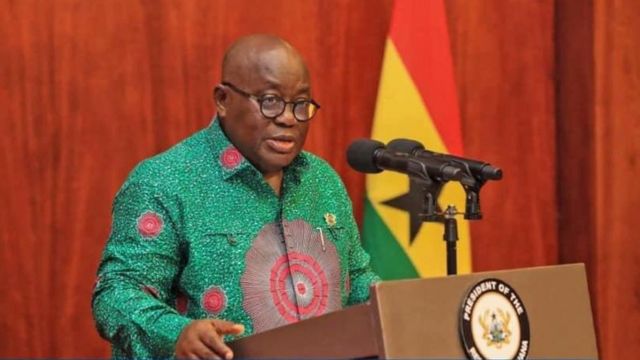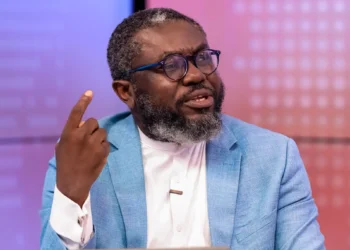President Akufo-Addo has overturned his decision to cap the budgetary allocation for Parliament and the Judiciary. This follows his earlier pronouncement to slash budget estimates for the Judiciary and the Legislature.
The President also advised Parliament to work within the stipulated budget, guaranteeing them of better allocation once “revenue improves and debt has stabilized”.
“Accordingly, Parliament is respectfully requested to keep the estimates of Parliament and the parliamentary service within the expenditure proposed above to enable the government to contain expenditures within the overall fiscal space for 2021.”
Speaker of Parliament, Alban Bagbin had initially opposed the Executive’s decision regarding the budgetary allocation for the house. He expressed his disappointment at the lowering of the House’s allocation by GHS190 million.
However, Speaking in Parliament yesterday, Mr Bagbin welcomed the President’s latest decision as “worthy of commendation”.
He further revealed that government has approved the new budget which amounts to GH¢523 million from the initial proposed amount of GH¢583 million.
Mr. Bagbin subsequently tasked the Special Budgets Committee to review the approved allocation letter in their work.
“I am drawing the attention of the Special Budgets Committee to the new recommendation and to urge the committee to consider the budget estimates for Parliament and the parliamentary service along those lines”.
Capital Expenditure adjusted
Additionally, Mr. Bagbin averred that the Executive had maintained the budget estimates for the compensation, administrative and operational expenses of the house. That notwithstanding, the allocation for Capital expenditure was slightly adjusted.
“For the estimates of expenditure for Parliament and the parliamentary services, this is what we submitted; compensation was ¢201,112,086, goods and services ¢205,027,688, administrative and operational expenses at ¢406,139,774, capital expenditure (Capex) is ¢177,346,911″.
The Speaker also stated that government’s recommendation includes the proposition of a CAPEX of GH¢117,500,000.
“And so instead of the GH¢583,486,685 submitted by Parliament and Parliamentary Service, what has been recommended by his excellency the President is GH¢523,639,774.”
The Speaker revealed that the President recommended that Parliament stay within the budget proposed by the executive. This is because government cannot accommodate the full request by Parliament due to statutory and debt service obligations.
Reduction of Parliamentary budget
Earlier in March, the Executive Secretary to the President, Nana Bediatuo Asante, informed Parliament of the decision to reduce its budgetary allocation by over GHS190 million. He also disclosed that the judiciary would also receive GHS70 million.
Mr. Bagbin rejected the move and vowed to resist attempts to cap the budgetary allocation of the House.
According to him, it was legally wrong and a step to weaken the oversight duties of Parliament.
“The budget is not for the Executive; we have the final power to approve or disapprove. And so what the Constitution has done is for them to make recommendations and to negotiate during the deliberations of the budget before the House.
“It is not for Executive to impose views on the Judiciary and Parliament. We have to do the right thing. And so during the consideration of the estimates particularly the Committees concerned take that on board”.
The Minority of Parliament subsequently declared its support for the speaker’s position.
READ ALSO: Kenya: AfDB and Equity Group Holdings sign $100 million loan for trans-Africa expansion























